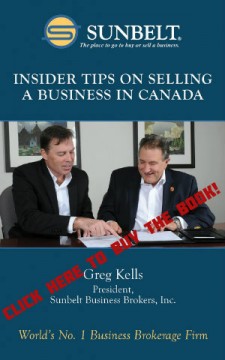Much of our success as business owners and buyers depends upon our ability to anticipate changes that will affect our business. Failing to do so can cost us dearly. When we correctly forecast the shifts and trends, we are able to see and act on great opportunities.
I have done both.
In the 80s, I anticipated that the companies running large IBM mainframes had such a large investment in the systems supporting their business that they would be reluctant to change this technology for many years to come, even though new technologies had come to the fore.
The technology that these companies already had—and were comfortable with— was effective.
So I invested in the building of products that substantially improved throughput as well as the management of large complex systems using their existing technology. My assumptions and predictions turned out to be accurate and we prospered. Thirty years later these clients are still using the technology.
However, in 1990, I built a sophisticated class A office building with the intention of filling it with local technology firms. I failed to anticipate the economic collapse in Ottawa’s technology industry that occurred in 1992, the year my office building was complete. By then, there were empty buildings all across the city. I lost my shirt.
I have never forgotten the lesson learned and I want to share it with you today. The long term trend was for growth in the technology industry but the short term economic adjustment killed me before the long term trend could manifest itself. Continue reading














